H.R. 3518: To amend the Higher Education Act of 1965 to prohibit graduate medical schools from receiving Federal financial assistance if such schools adopt certain policies and requirements relating to diversity, equity, and inclusion.
This bill proposes changes to the Higher Education Act of 1965 that would affect graduate medical schools in the United States. Its main provisions include:
1. Funding Limitations
The bill states that no graduate medical school can receive federal financial assistance unless it certifies that it does not engage in certain practices related to diversity, equity, and inclusion. Specifically, the schools must certify that they do not:
- Require faculty, staff, or students to express views about certain tenets regarding race, ethnicity, or national origin as a condition for receiving benefits or opportunities at the school.
- Take actions that would negatively affect students based on their race, ethnicity, color, or national origin.
- Compel expression or adherence to specific diversity-related policies, including those from diversity, equity, and inclusion offices.
- Establish or contract with diversity, equity, and inclusion offices.
- Require applicants or employees to submit diversity statements as a condition for admission or employment.
2. Compliance with Civil Rights Laws
Graduate medical schools must also certify compliance with civil rights laws as part of the funding eligibility. This includes adherence to:
- The Civil Rights Act of 1964
- The Education Amendments of 1972 (Title IX)
- The Rehabilitation Act of 1973
- The Age Discrimination Act of 1975
3. Definitions
The bill includes definitions for terms such as:
- Diversity, equity, and inclusion office: Any part of a higher education institution responsible for enforcing diversity-related beliefs or expressions.
- Diversity statement: Any statement that claims superiority or inferiority based on race, asserts differential treatment based on race, or implies collective guilt among individuals based on race.
- Institution of higher education: Defined according to existing laws.
4. Requirements for Accrediting Agencies
Accrediting agencies or associations must also demonstrate that they do not require institutions to adopt any diversity policies that violate this bill as a condition of accreditation.
5. Rules of Construction
The bill clarifies that it does not prohibit graduate medical schools from:
- Providing needed instruction concerning medical conditions relevant to an individual's sex or race.
- Collecting demographic data for informational purposes.
- Engaging in activities that comply with First Amendment rights and anti-discrimination laws.
6. Severability Clause
If any part of the bill is found to be invalid, the remaining provisions would still apply.
Relevant Companies
None found.
This is an AI-generated summary of the bill text. There may be mistakes.
Sponsors
17 bill sponsors
-
TrackGregory F. Murphy
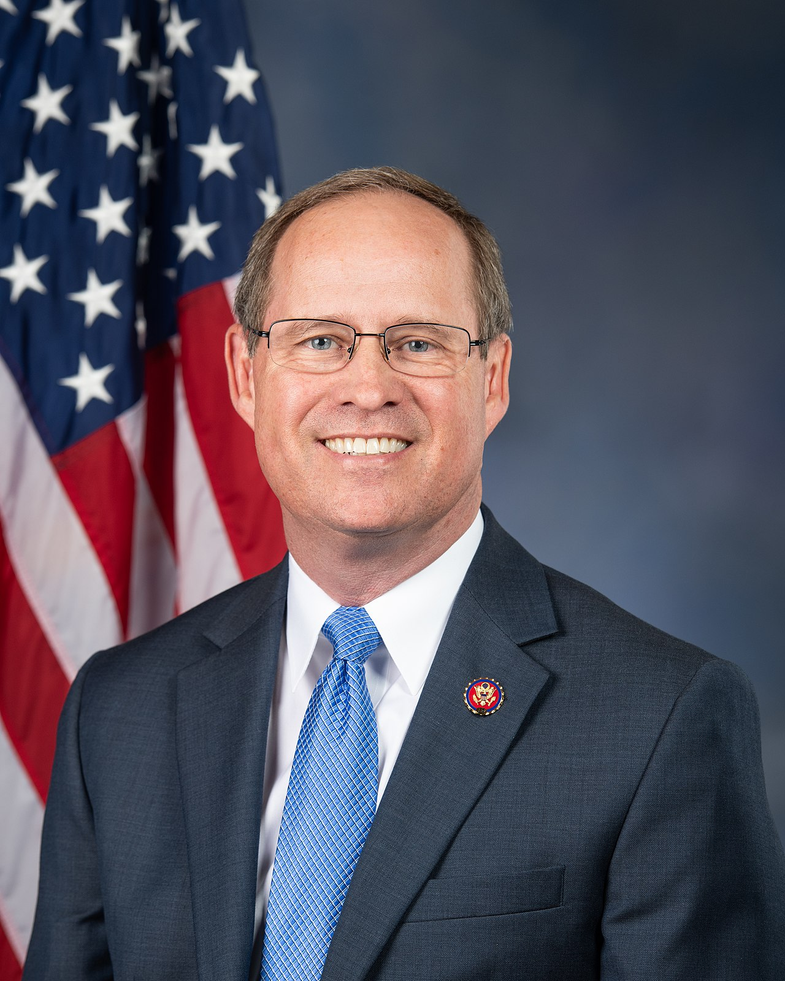
Sponsor
-
TrackNicholas Begich

Co-Sponsor
-
TrackDan Crenshaw

Co-Sponsor
-
TrackPaul A. Gosar

Co-Sponsor
-
TrackPat Harrigan
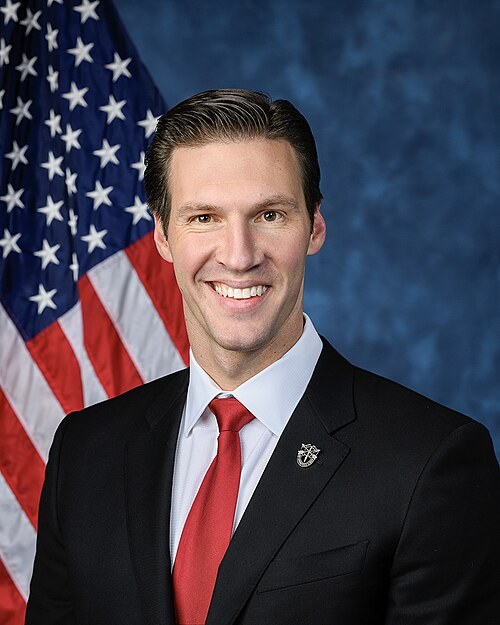
Co-Sponsor
-
TrackRonny Jackson
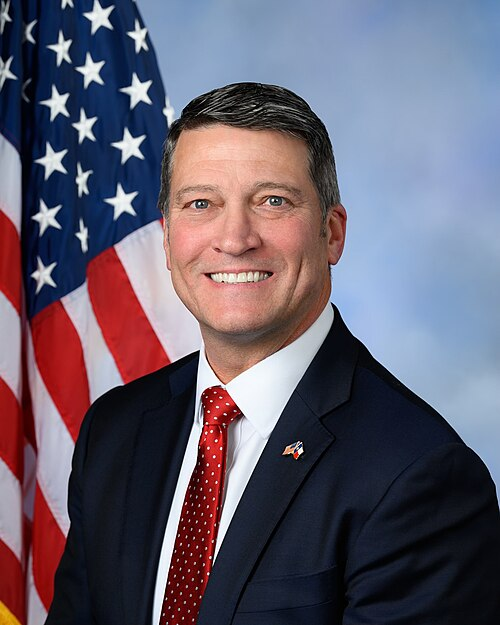
Co-Sponsor
-
TrackMike Kelly
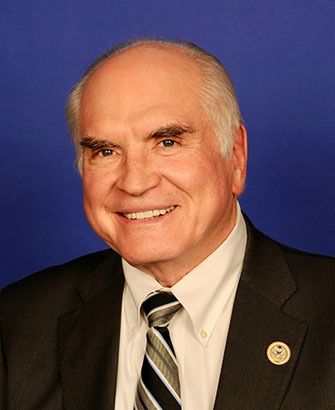
Co-Sponsor
-
TrackMike Kennedy

Co-Sponsor
-
TrackCarol D. Miller

Co-Sponsor
-
TrackTim Moore

Co-Sponsor
-
TrackTroy E. Nehls
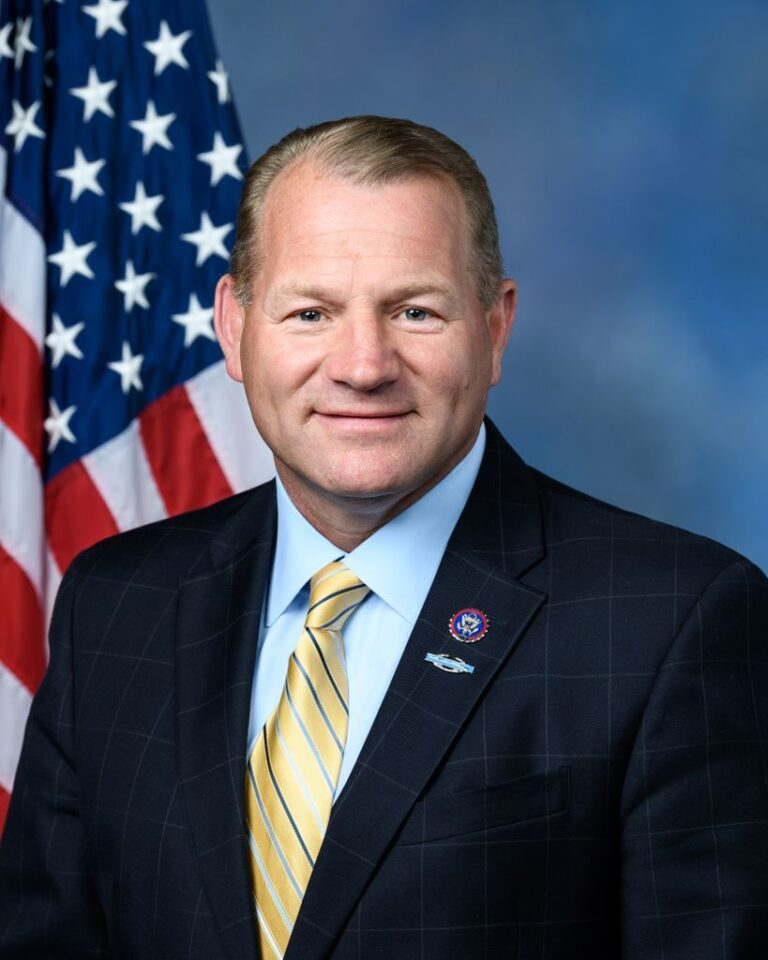
Co-Sponsor
-
TrackRobert Onder

Co-Sponsor
-
TrackBurgess Owens
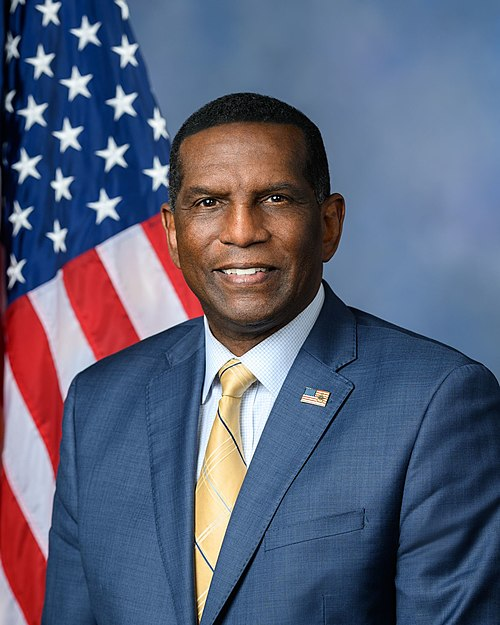
Co-Sponsor
-
TrackDavid Rouzer
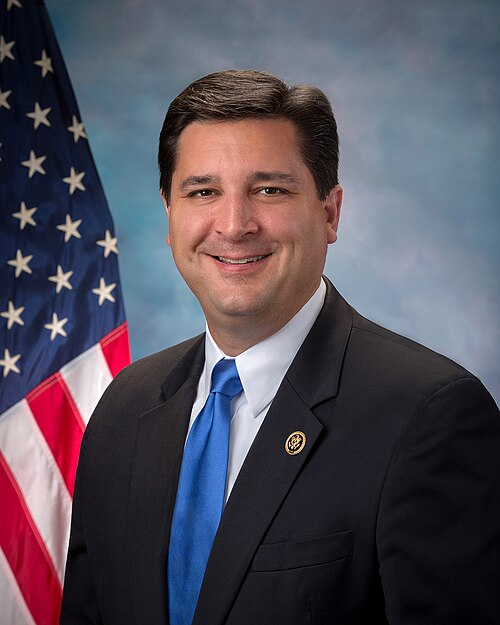
Co-Sponsor
-
TrackElise M. Stefanik
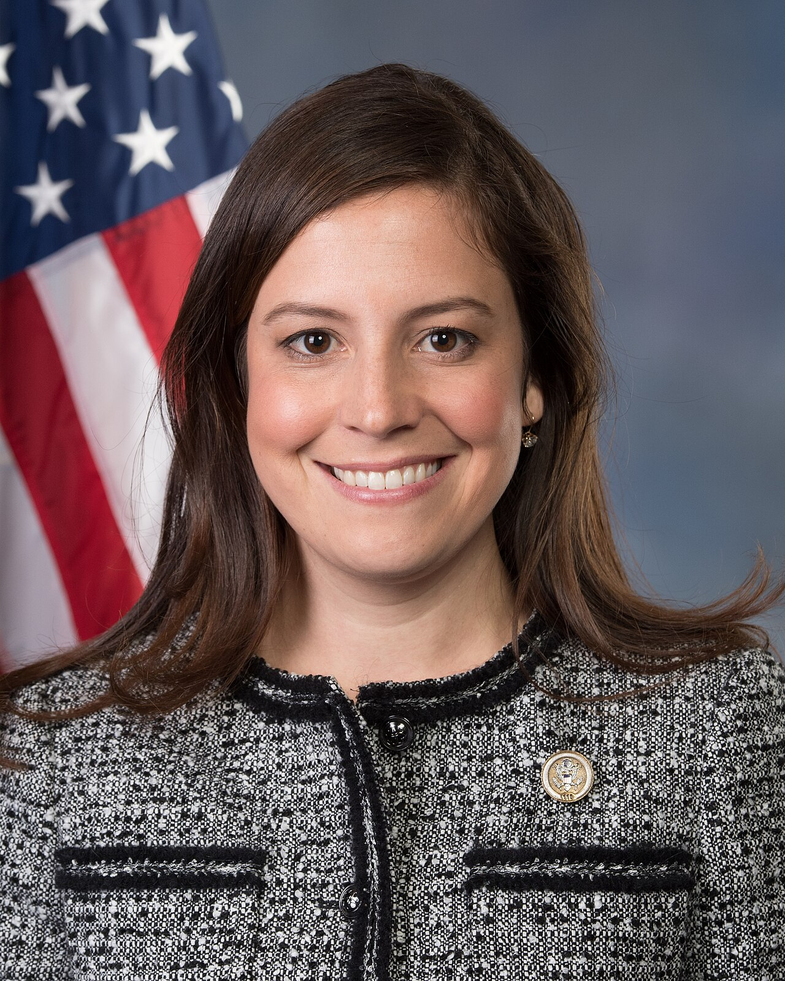
Co-Sponsor
-
TrackClaudia Tenney

Co-Sponsor
-
TrackBeth Van Duyne
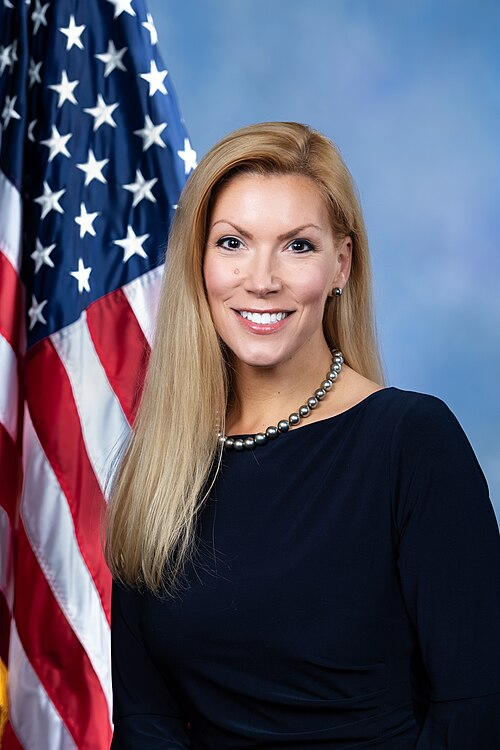
Co-Sponsor
Actions
2 actions
| Date | Action |
|---|---|
| May. 20, 2025 | Introduced in House |
| May. 20, 2025 | Referred to the House Committee on Education and Workforce. |
Corporate Lobbying
0 companies lobbying
None found.
* Note that there can be significant delays in lobbying disclosures, and our data may be incomplete.
Potentially Relevant Congressional Stock Trades
No relevant congressional stock trades found.